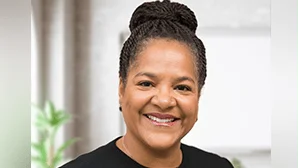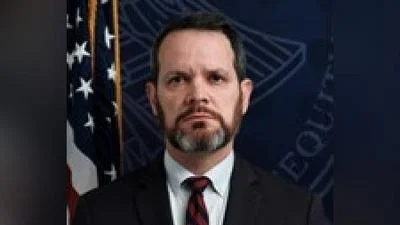Attorney General Dana Nessel | Official website
Attorney General Dana Nessel | Official website
The Michigan Supreme Court has ruled that the state statute prohibiting voter intimidation extends to intentional false speech about voting requirements or procedures if such speech is made to deter or influence a vote. This decision, announced by Michigan Attorney General Dana Nessel, came in response to appeals in the cases of People v. Burkman and People v. Wohl.
Defendants Jack Burkman and Jacob Wohl had challenged whether their actions could constitute a criminal act under MCL 168.932(a). The Court addressed several questions, including whether nonphysical threats fall under this statute and whether the phrase “other corrupt means or device” covers any depraved method aimed at deterring voting. The Court agreed with the Attorney General's position on these points and provided a narrower interpretation of the statute, specifying that it prohibits intentionally false speech related to voting requirements or procedures meant to deter or influence voters.
"This voter intimidation law is a vital protection for Michigan voters and proponents of a participatory democracy,” said Nessel. “Intentionally false statements to deceive any Michigan voter from exercising their rights at the ballot box are illegal, and I’m grateful to have this ruling make that abundantly clear, especially as we head toward another presidential election this autumn."
The charges against Burkman and Wohl stem from allegations that they orchestrated robocalls aimed at suppressing votes in Detroit during the 2020 general election by spreading falsehoods about mail-in voting. These calls claimed that personal information from mail-in ballots would be used by police departments, credit card companies, and for mandatory vaccines tracking.
Burkman, 57, and Wohl, 25, face multiple felony charges including bribing/intimidating voters, conspiracy to commit an election law violation, using a computer to intimidate voters, and using a computer for conspiracy.
Investigations revealed that similar robocalls were made in New York, Pennsylvania, Ohio, and Illinois targeting urban areas with significant minority populations. Approximately 85,000 calls were made nationally.
Following formal charges by the Attorney General's office in October 2020, both men were bound over for trial but sought to quash the charges through various appeals up to the Michigan Supreme Court. Today's ruling remands the case back to the Court of Appeals for further consideration under the newly defined scope of MCL 168.932(a).
In its majority opinion regarding today's decision, the Court stated: “[g]iven the targeted nature of the robocall, defendants’ e-mails, and the content of the robocall one could reasonably believe that it was a depraved attempt to deter Black electors from voting in the 2020 election."
###




 Alerts Sign-up
Alerts Sign-up